Today, on the 13th of January, the Embassy hosted
an interfaith symposium on peaceful coexistence among different religions. In
search of shared values and common grounds on which we can build ties of peace,
we were honored to learn from the experience and teaching of Rabbi Israel Uzan
- Chief Rabbi of Nigeria, Imam Dr. Muhammad Kabir Adam – chief Imam of the
National Mosque of Abuja, and Archbishop Ignatius Ayau Kaigama – Archbishop of
the Catholic Archdiocese in Abuja.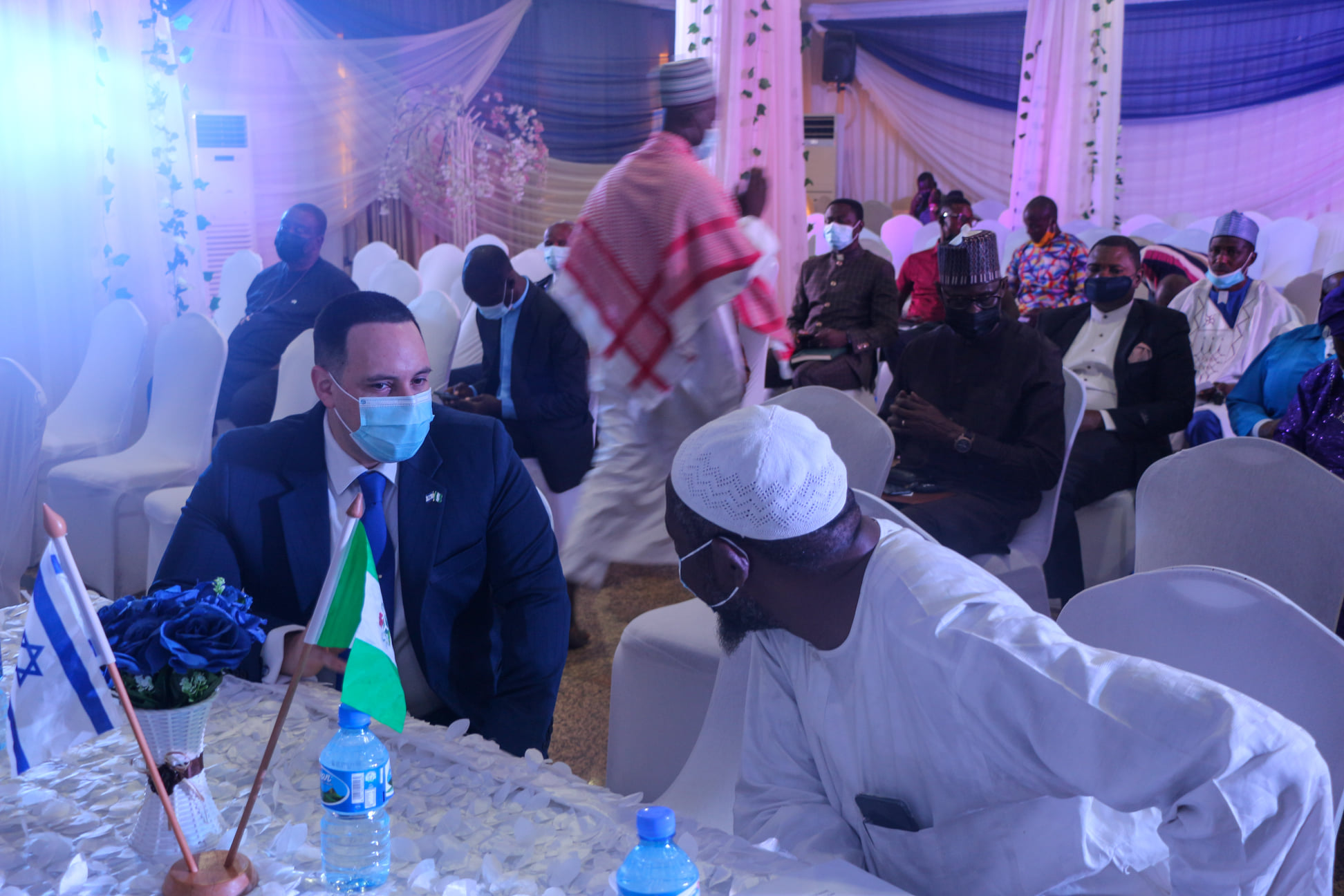
The three panelists defined that peaceful coexistence is more than
tolerance towards other faiths but an embrace of those who are different from
us. We discussed global challenges, sustainable development goals, gender
equality, and the danger of extremism as tackled by religious leaders in
Nigeria.
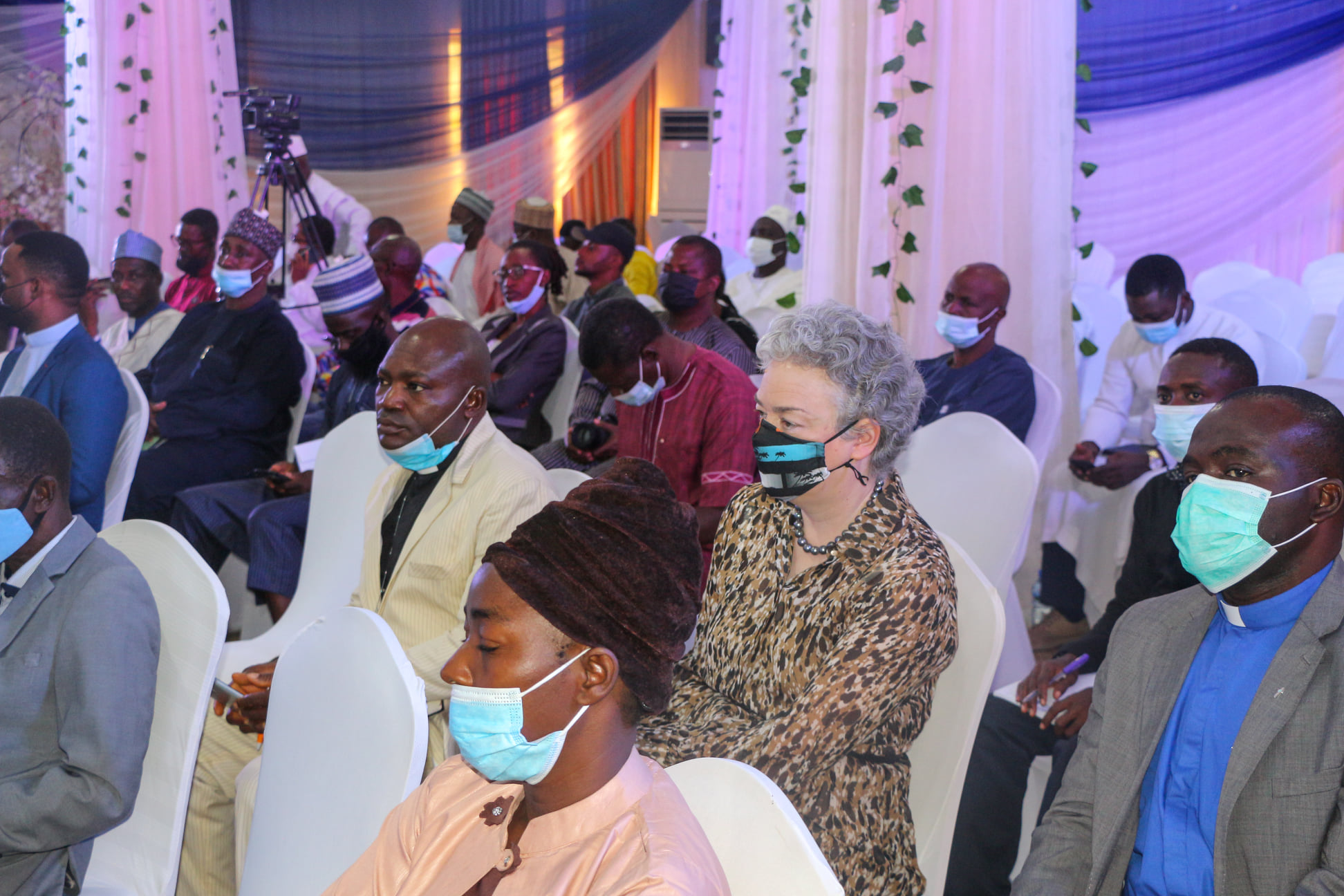
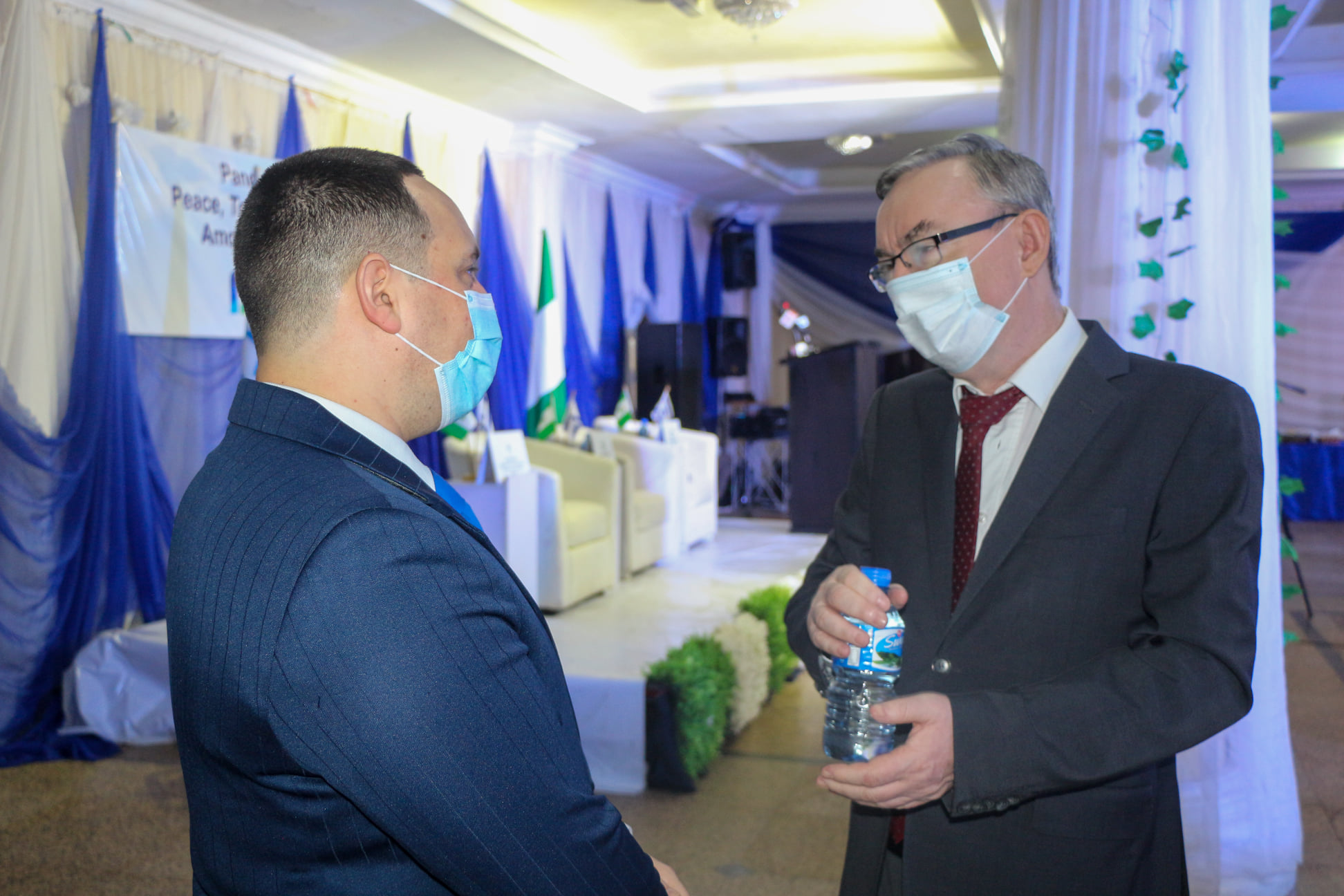
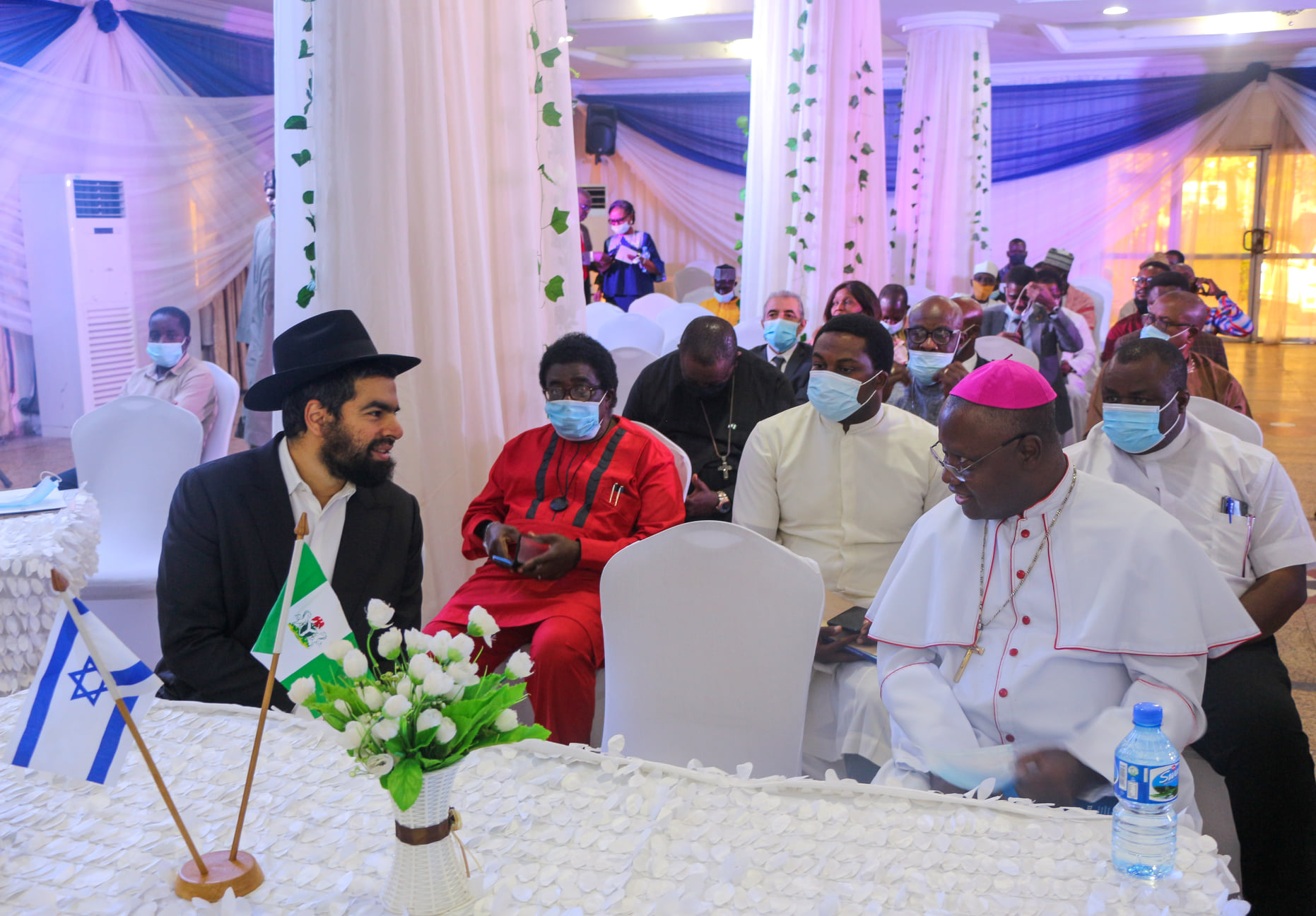
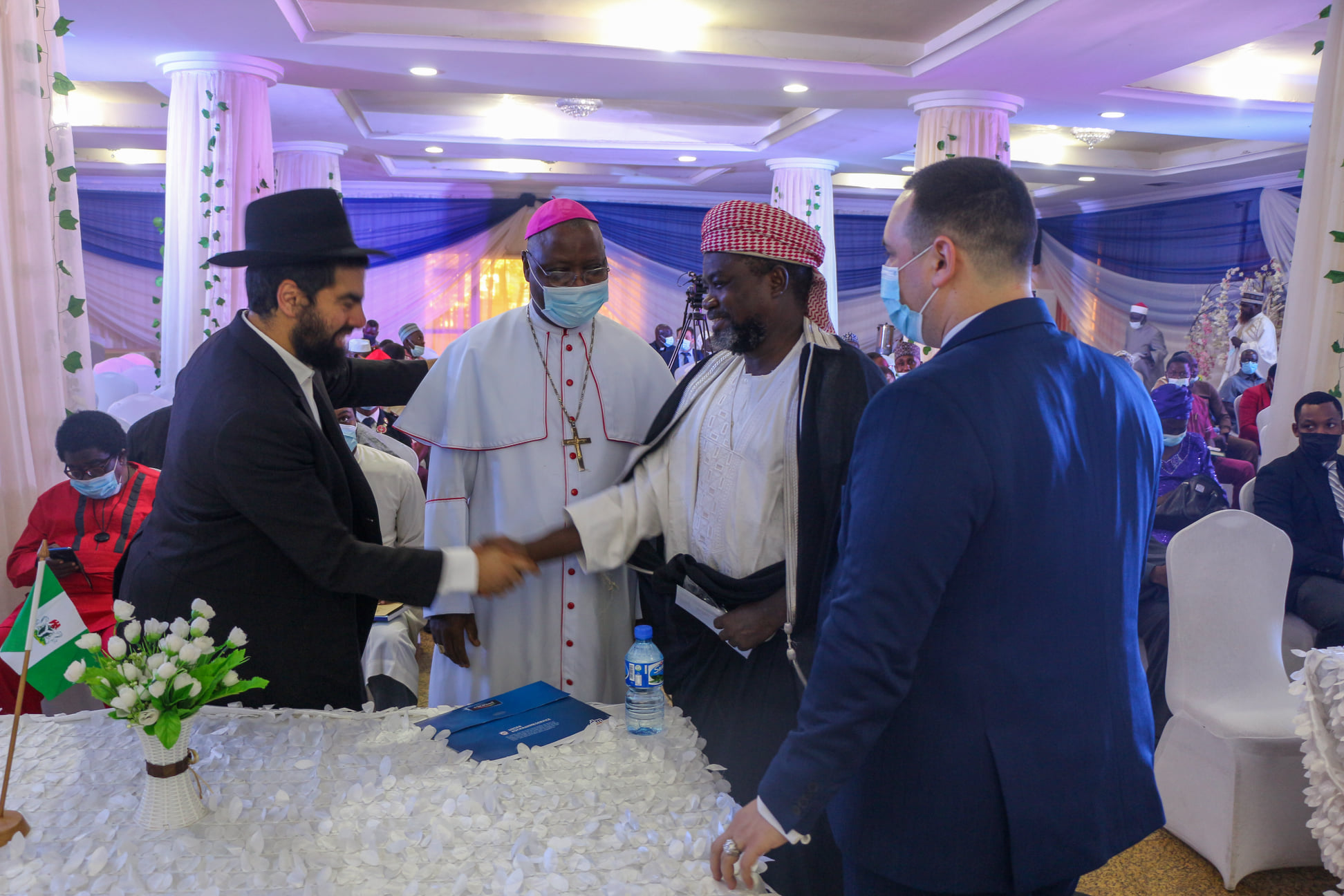
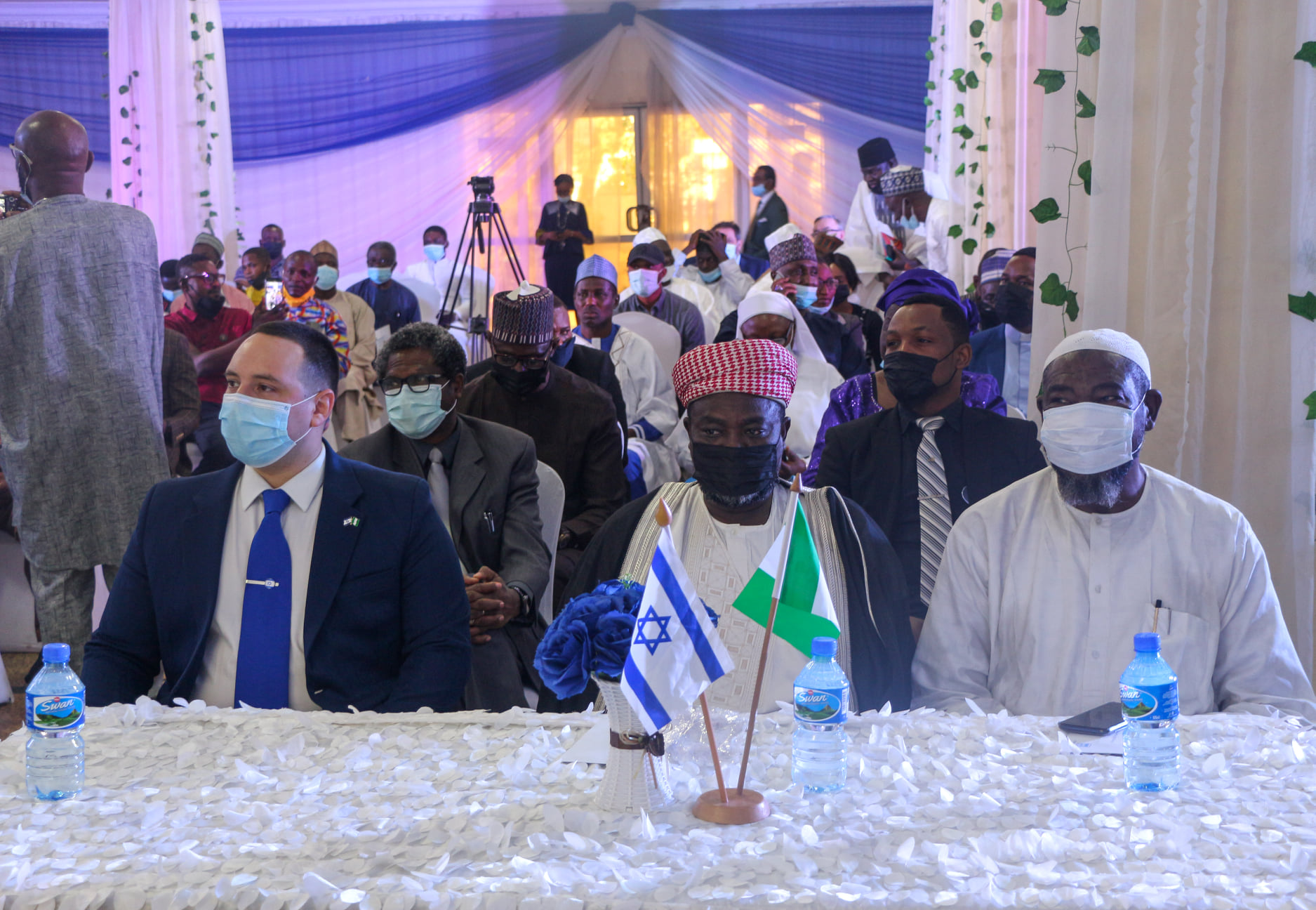
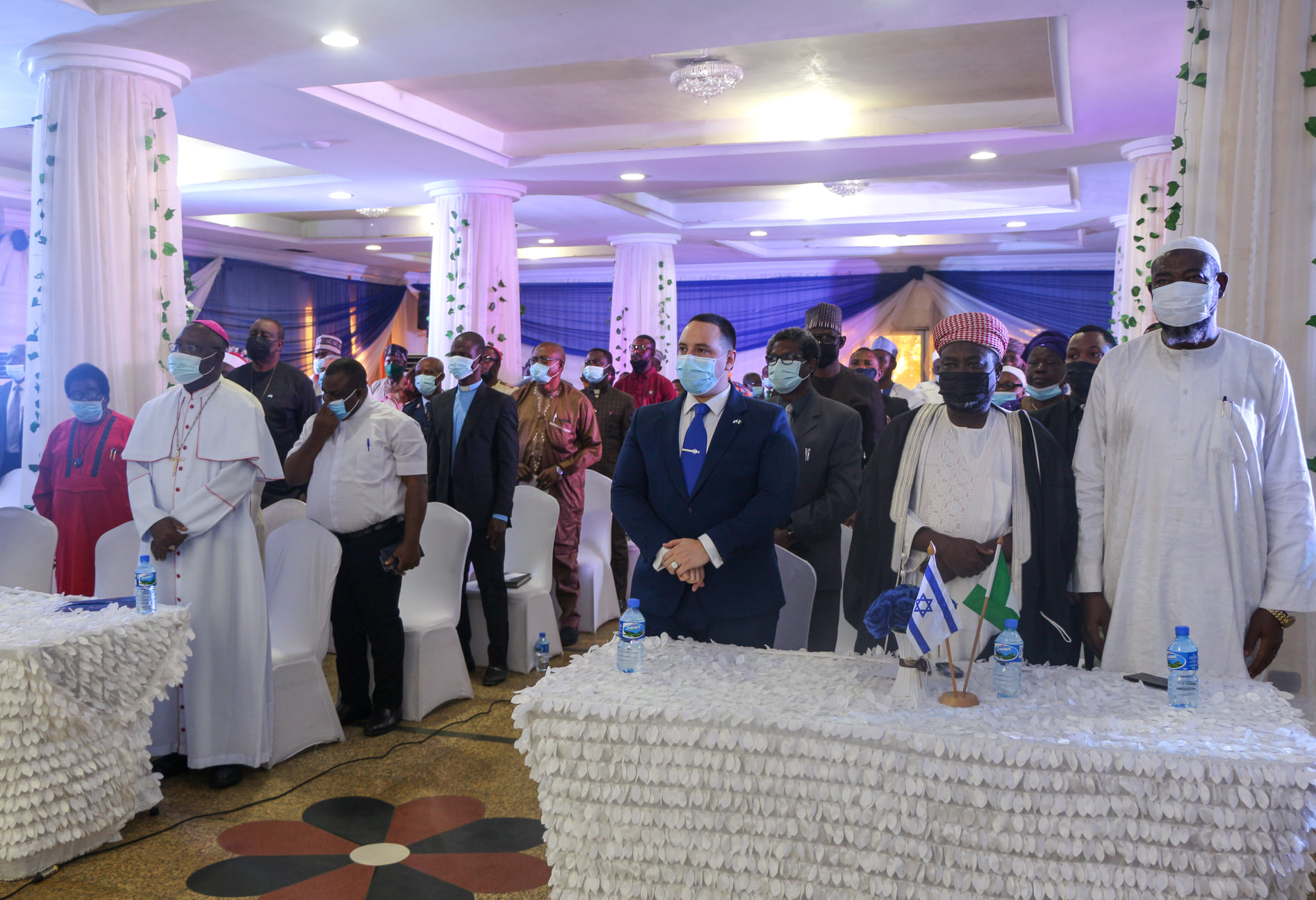
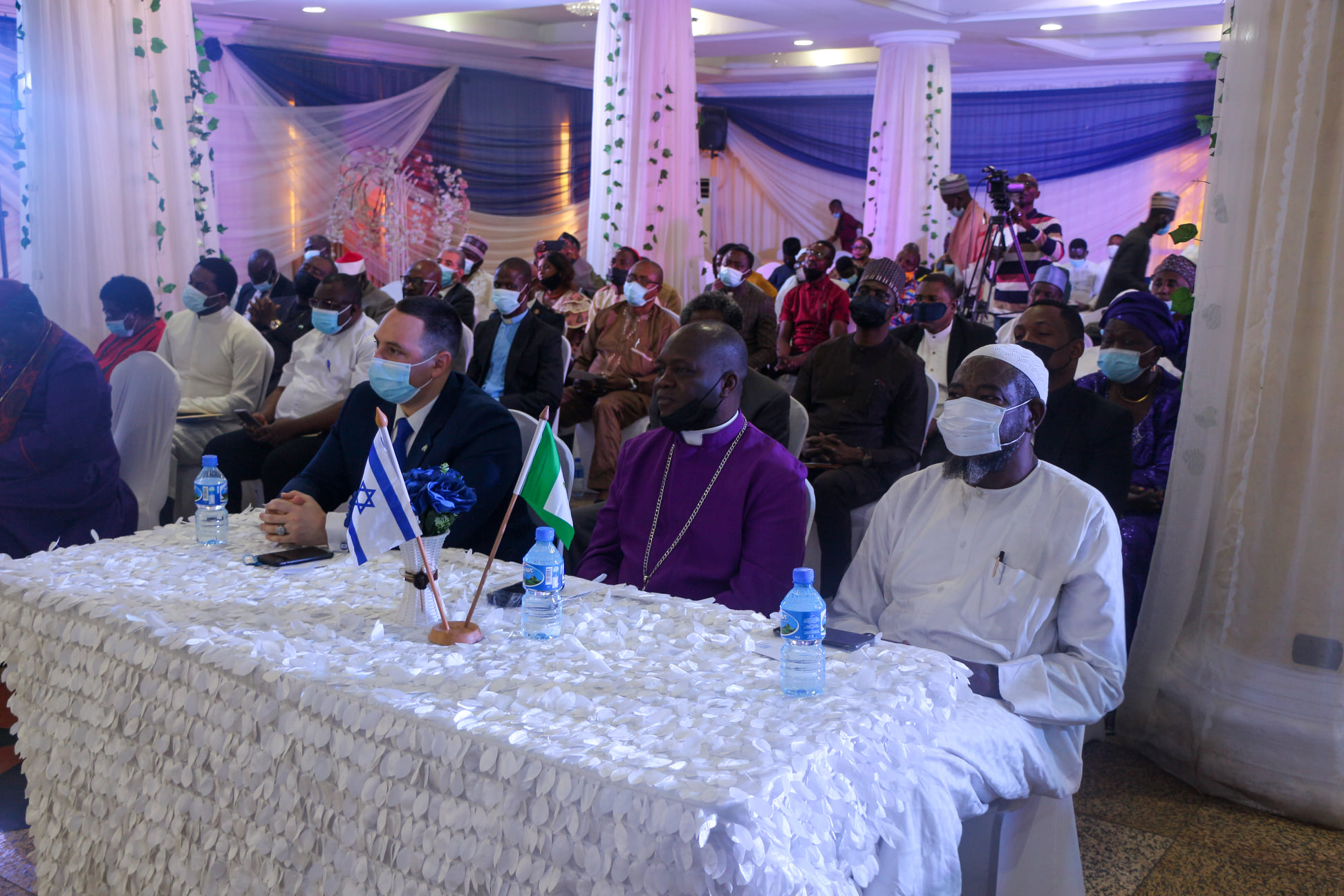
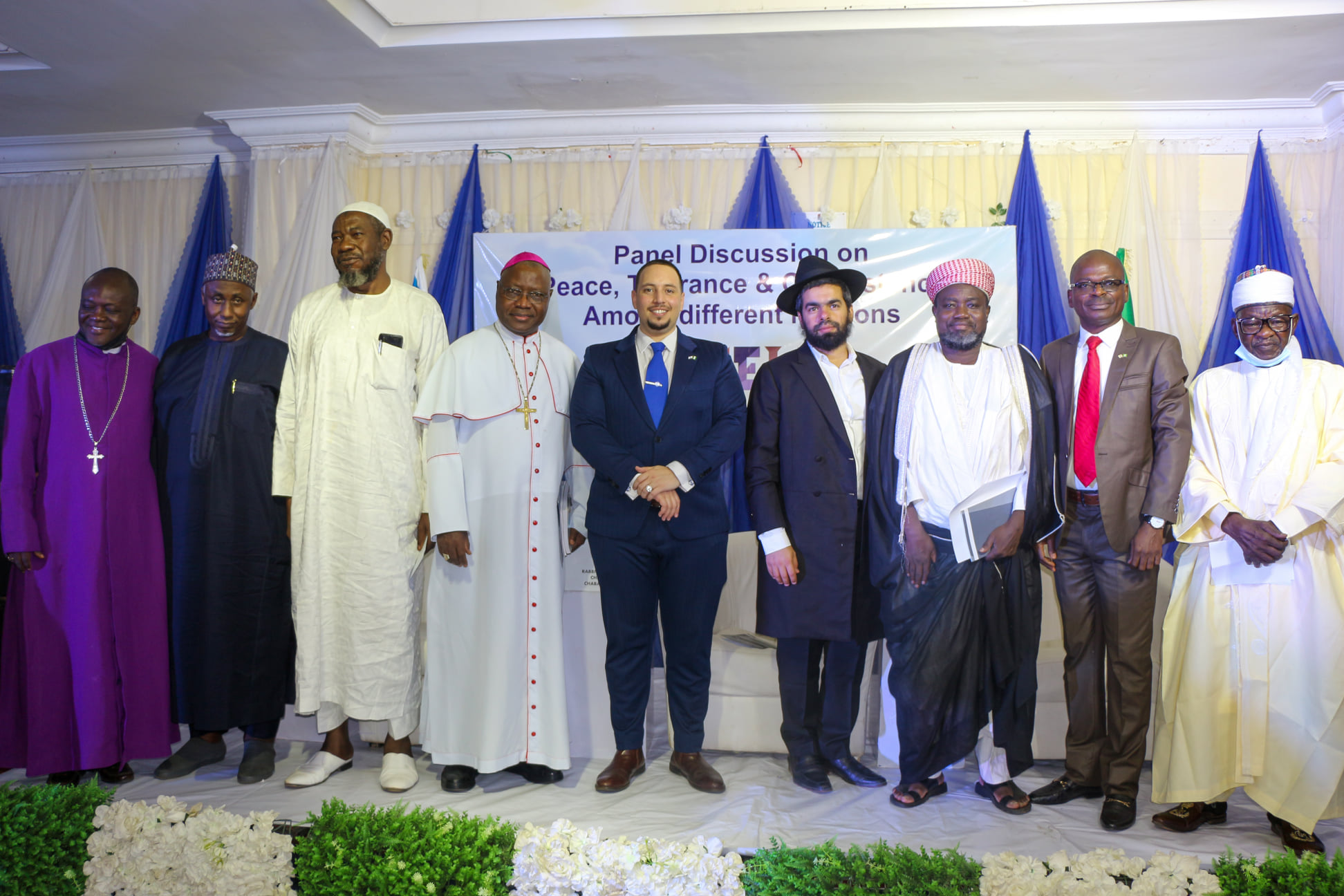
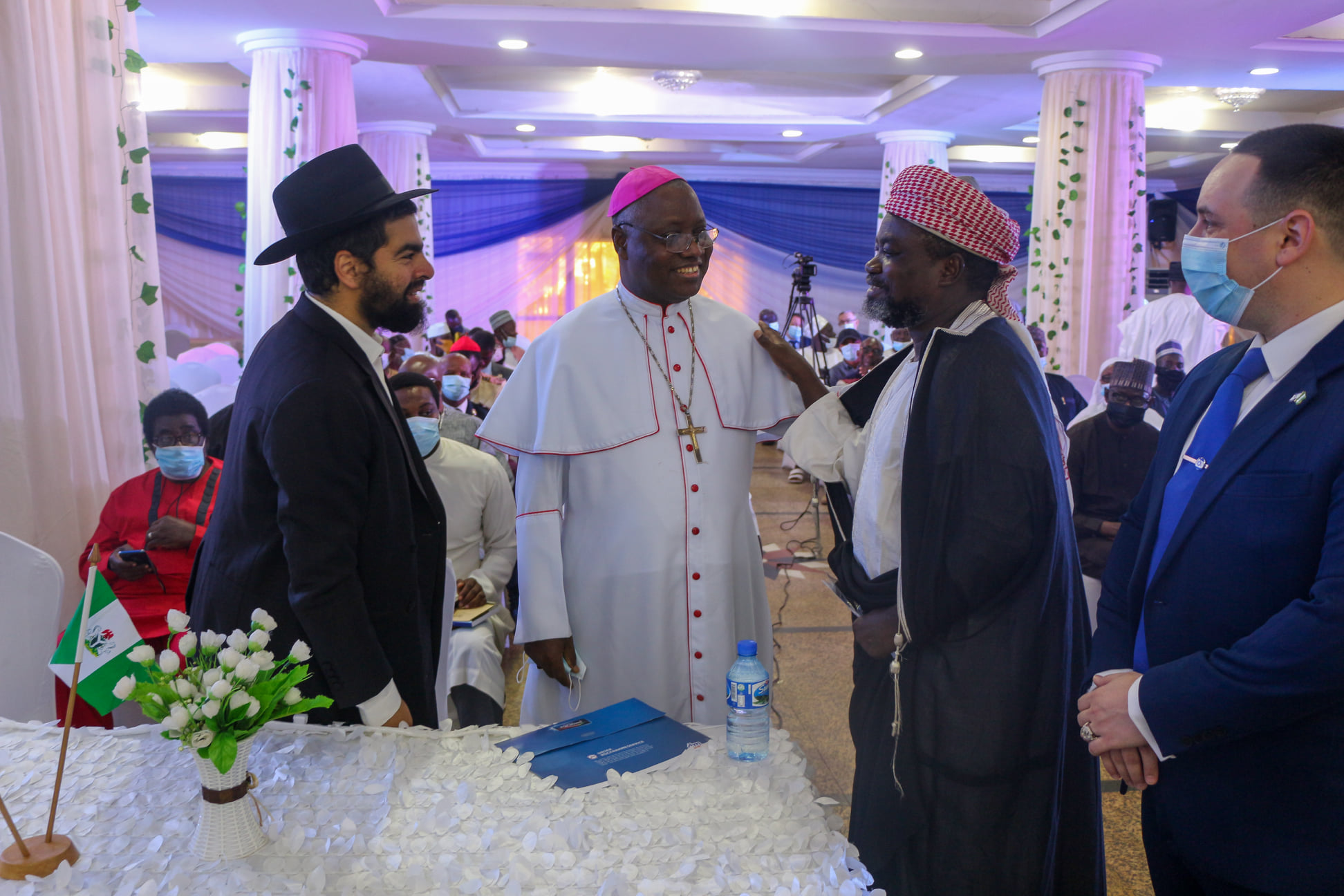
In the speech of the Acting Ambassador, Mr. Yotam Kreiman, he
highlighted the great role that the Interfaith Dialogue has to play in
promoting reconciliation and development amongst people of all faiths.
Interfaith refers to the common ground that is shared by all religions, a
concept that upholds mutual tolerance, respect and love.
Ours is a society where the people follow many religions, faiths,
norms, values and traditions, which shape our perception and emotions. It would
be of great benefit if such emotions and perceptions led to peace, fraternity,
love and mutual well-being.
If we wish to reap a harvest of tolerance and mutual respect, then
we must start today by sowing their seeds in our schools and religious
institutions.
Interfaith dialogue can address issues within the society that stem
from religious injustice and discrimination and show that the sum of our shared
values is far greater than our differences.
We concluded that the modern role of religion in education is
essential in shaping a future of peace.